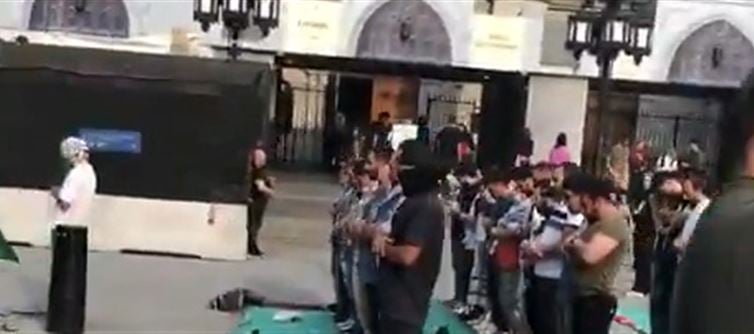
Supporters of the gathering argue that it was an exercise of religious freedom and a reaction to what they perceive as systemic marginalization or misrepresentation of Muslim communities. However, critics contend that such actions do not represent peaceful religious practice but rather an attempt to provoke, especially when held at a site of significant Christian importance. In a society that values mutual respect and coexistence, staging religious or political protests in front of sacred sites belonging to another faith tradition risks heightening tension and damaging interfaith relations.
Adding to the controversy, the newly elected Canadian prime minister reportedly stated that “Islamic values are Canadian values,” a comment that has been interpreted in multiple ways. While likely intended to affirm inclusivity and support for multiculturalism, critics argue that such statements should be nuanced to avoid appearing to endorse any one religious framework over others. Canada’s identity is rooted in a commitment to pluralism, secularism, and the equal treatment of all belief systems. Upholding these principles means ensuring that no group—whether Christian, Muslim, or otherwise—uses religious platforms to assert superiority or undermine the rights and cultural space of others.




 click and follow Indiaherald WhatsApp channel
click and follow Indiaherald WhatsApp channel